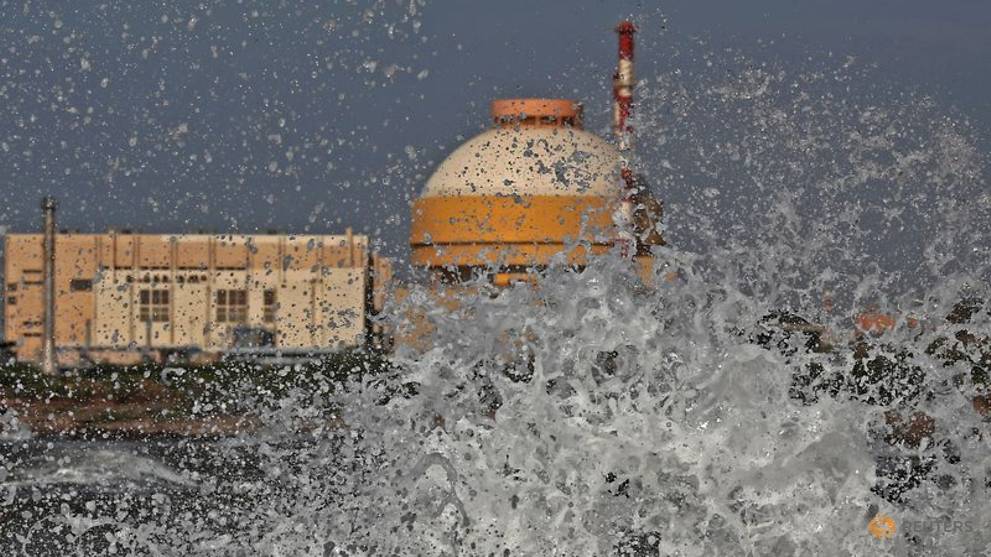
NEW DELHI: Hundreds of foreign companies are actively procuring components for India and Pakistans nuclear programmes, taking advantage of gaps in the global regulation of the industry, according to a report by a US-based research group.
Using open-source data, the nonprofit Centre For Advance Defense Studies (C4ADS) report provides one of the most comprehensive overviews of networks supplying the rivals, in a region regarded as one of the worlds most dangerous nuclear flashpoints.
Advertisement
Advertisement
“India and Pakistan are taking advantage of gaps in global non-proliferation regimes and export controls to get what they need,” said Jack Margolin, a C4ADS analyst and co-author of the report.
It is seldom possible to determine whether individual transactions are illegal by using publicly available data, Margolin said, and the report does not suggest that companies mentioned broke national or international laws or regulations.
But past reports by the think tank, whose financial backers include the Carnegie Corporation and the Wyss Foundation, have often led to action by law enforcement agencies.
Spokesmen from the offices of Indias Prime Minister Narendra Modi, and Pakistans Prime Minister Imran Khan did not respond to requests for comment. Pakistan's military, which plays a major role in decision-making for the nuclear weapons programme, also declined to comment.
Advertisement
Advertisement
To identify companies involved, C4ADS analysed more than 125 million records of public trade and tender data and documents, and then checked them against already-identified entities listed by export control authorities in the United States and Japan.
Pakistan, which is subject to strict international export controls on its programme, has 113 suspected foreign suppliers listed by the United States and Japan. But the C4ADS report found an additional 46, many in shipment hubs.
“In Pakistan's case, they have a lot more stringent controls, and they get around these by using transnational networks … and exploiting opaque jurisdictions,” Margolin said.
The father of Pakistan's atomic bomb, AQ Khan, admitted in 2004 to selling nuclear technology to North Korea, Iran and Libya. He was pardoned a day later by Pakistani authorities, which have refused requests from international investigators to question him.
India has a waiver that allows it to buy nuclear technology from international markets. The Indian government allows inspections of some nuclear facilities by the International Atomic Energy Agency, but not all of them.
Neither India or Pakistan have signed the international Treaty on the Non-Proliferation of Nuclear Weapons, adhered to by most nuclear powers. Consequently, they are not obliged to submit to IAEA oversight over all of their facilities.
C4ADS identified 222 companies that did business with the nuclear facilities in India that had no IAEA oversight. Of these, 86 companies did businRead More – Source
[contf]
[contfnew]
channel news asia
[contfnewc]
[contfnewc]







